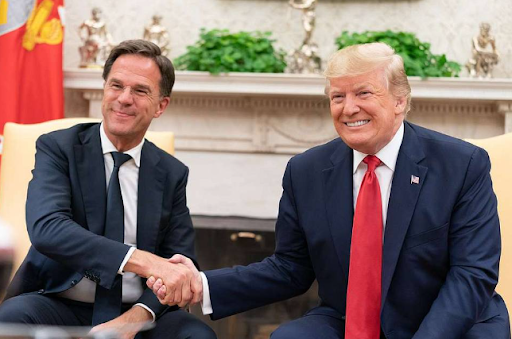The Trump administration’s decision to sanction Russia’s top two oil companies, Rosneft and Lukoil, stems from a growing frustration with Vladimir Putin’s “maximalist demands” in negotiations to end the war in Ukraine.
This move marks the latest swing of the policy pendulum under President Trump, shifting away from attempts to force a peace deal on Kyiv and toward direct economic punishment of Moscow. These are the first Russia-related sanctions since Trump’s return to the White House.
President Trump personally signaled this breakdown in diplomacy. Speaking alongside the NATO secretary general, Trump confirmed he had cancelled a planned summit with Putin. “It didn’t feel right to me,” he said. “It didn’t feel like we were going to get to the place we have to get.”
The Treasury Department framed the sanctions as a last resort. “Given President Putin’s refusal to end this senseless war, Treasury is sanctioning Russia’s two largest oil companies,” said Secretary Scott Bessent, who also called for an “immediate ceasefire.”
This tougher line was cheered by European allies. The EU’s Ursula von der Leyen praised the move, noting the EU is also preparing its 19th sanctions package. This new package is expected to target Russian LNG, its shadow oil tanker fleet, and banks facilitating sanctions evasion.
Frustration with Putin’s ‘Maximalist Demands’ Leads to Sanctions
5


